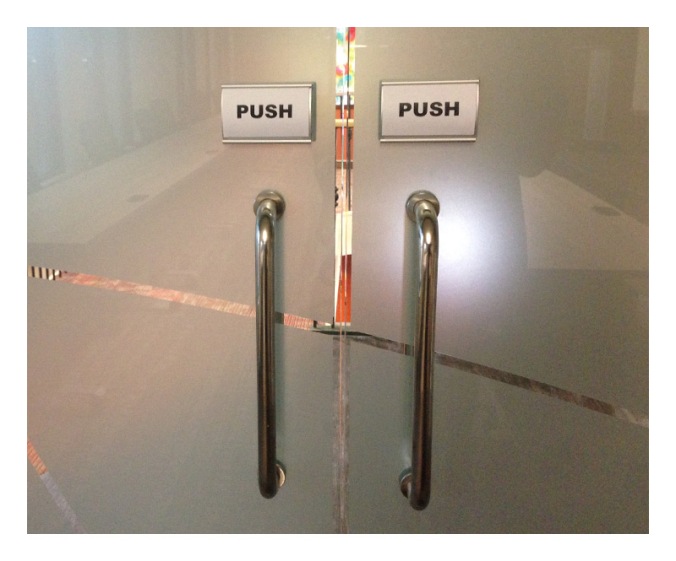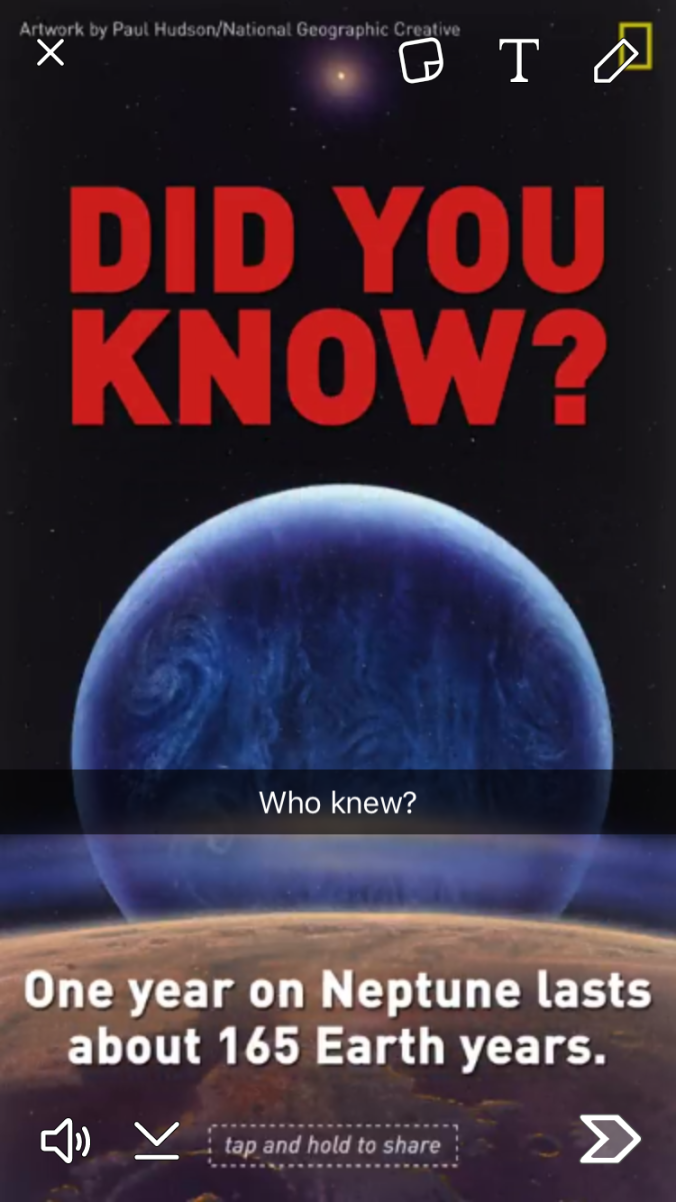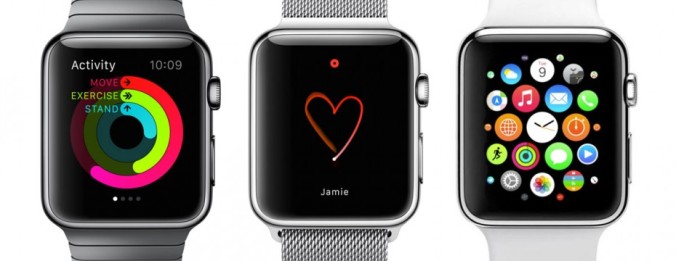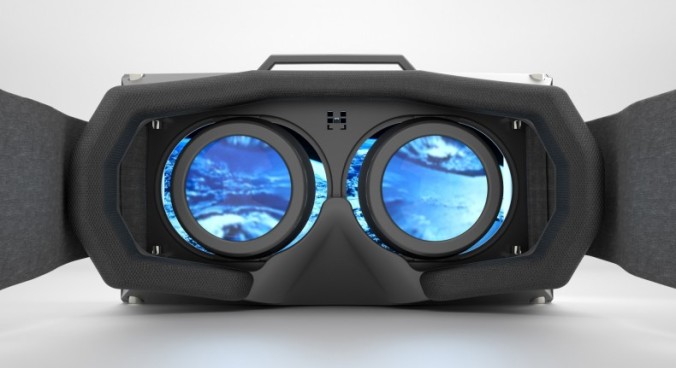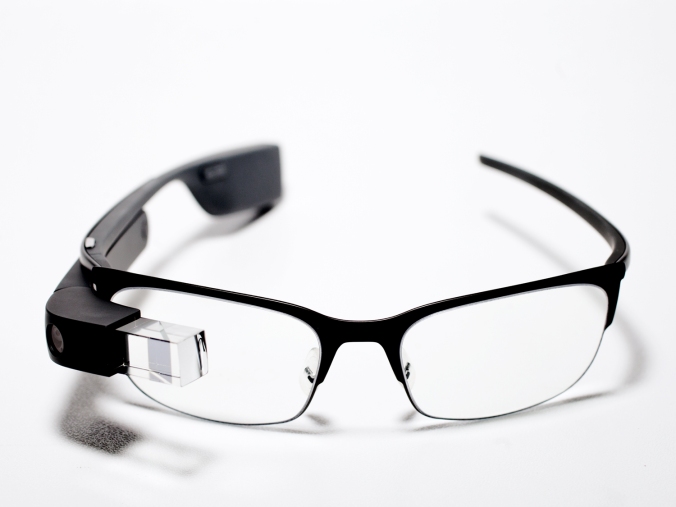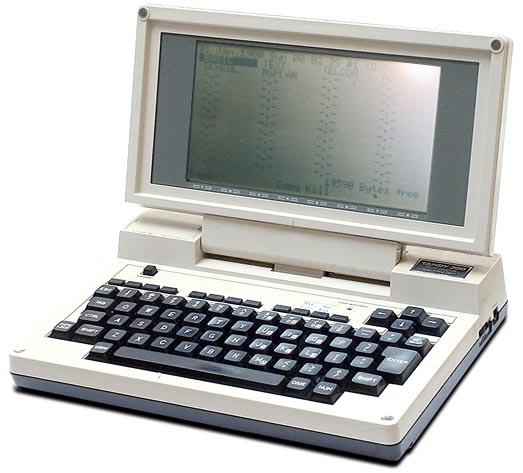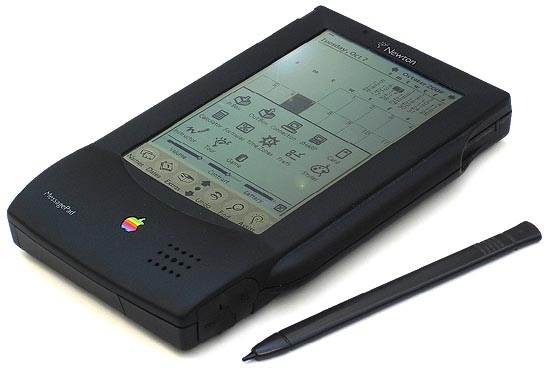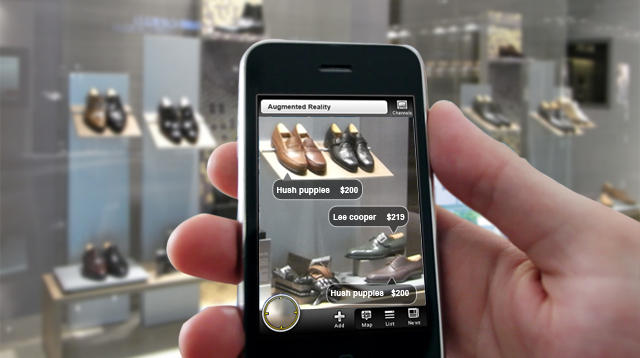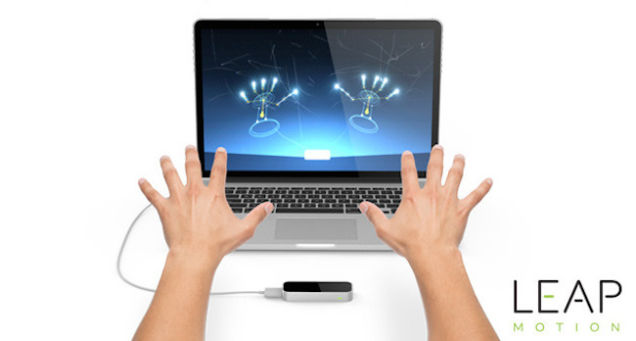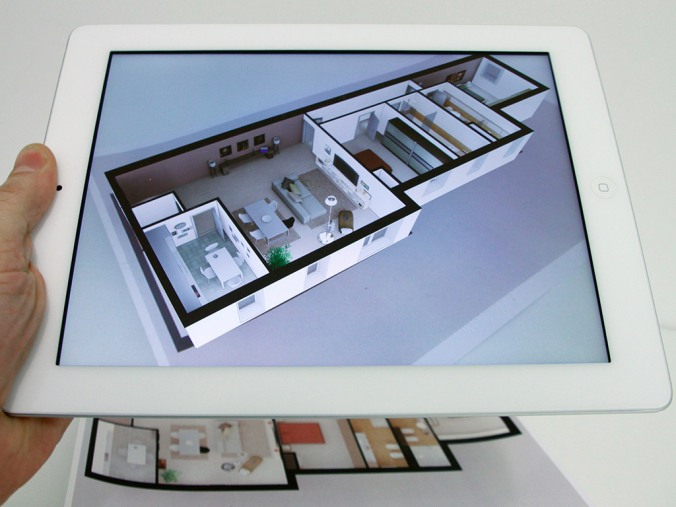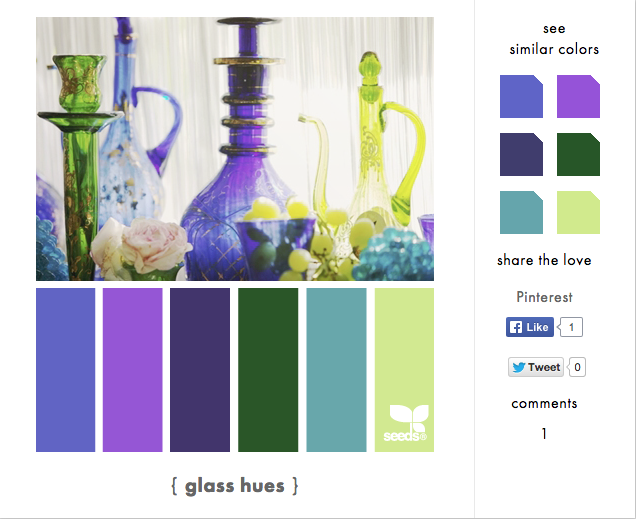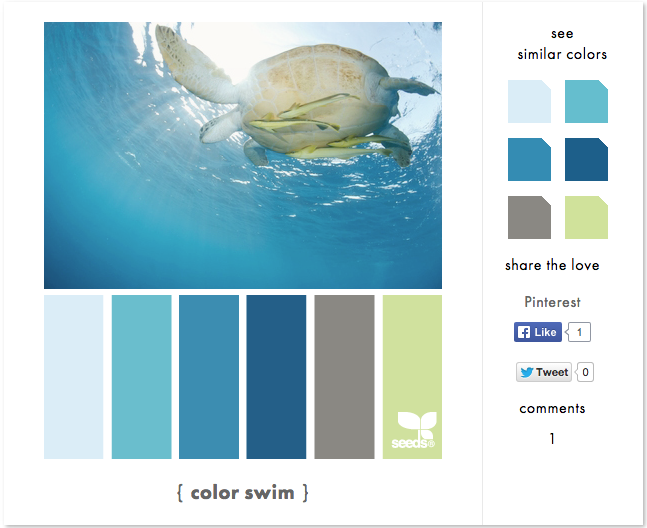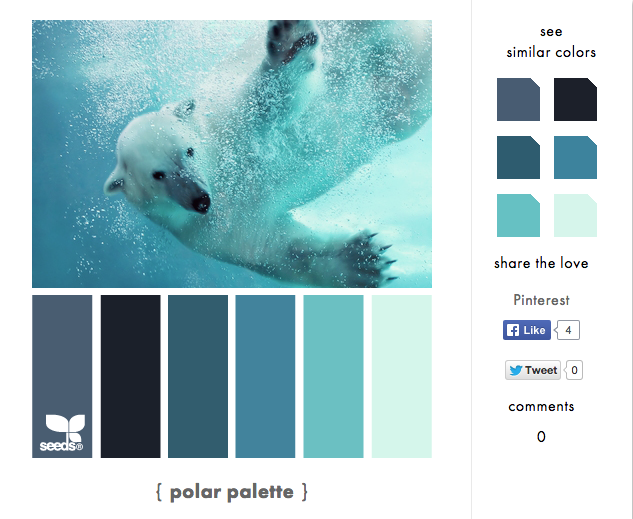Research has ranged from UX/UI studies to learning more about chronic illness
Susan M. Weinschenk, Ph.D. 100 Things Every Designer Needs to Know About People. Berkeley, CA 94710: New Riders, 2011.
“Active Msers: Staying Active with Multiple Sclerosis.” http://www.activemsers.org/exercisesstretches/tipsexercisingwithms.html.
Laurillard, D., M. Stratfold, R. Luckin, L. Plowman, and J. Taylor. “Affordances for Learning in a Non-Linear Narrative Medium.” Journal of Interactive Media in Education 2000(2) (2000 2000).
“The American Heart Association/the American Stroke Association.” (http://www.strokeassociation.org/STROKEORG/LifeAfterStroke/HealthyLivingAfterStroke/Healthy-Living-After-Stroke_UCM_308568_SubHomePage.jsp)
Apps for Children with Special Needs.
Cawood, Stephen, and Mark Fiala. Augmented Reality : A Practical Guide.
Pragmatic Programmers. Raleigh, N.C.: Pragmatic Bookshelf, 2007.
Peterson, Nancy. “Behavior Department: Kitty in Their Hands.” Animal Sheltering, 2011, 51-56.
Burtchell, Jeri. “The Best Multiple Sclerosis Iphone and Android Apps of the Year.” Healthline, http://www.healthline.com/health/multiple-sclerosis/top-iphone-android-apps.
“Binary Labs.” http://www.dexteria.net/.
Squillace, Mary, Sharon Ray, and Maria Milazzo. “Changes in Gross Grasp Strength and Fine Motor Skills in Adolescents with Pediatric Multiple Sclerosis.”
Occupational Therapy in Health Care 29, no. 1 (2015 2015): 77-85.
Bruckman, Amy. “The Combinatorics of Storytelling: Mystery Train Interactive.” Interactive Cinema Group (1990).
Diener, by Holger. “Contextcontrol – Game Based Interaction.” http://www.ercim.eu/publication/Ercim_News/enw57/diener.html.
“Contextual Media : Multimedia and Interpretation.”
Pears, A. “Conveying Conceptions of Quality through Instruction.” Paper presented at the Frontiers in Education, 2011 2011.
Norman, Don. The Design of Everyday Things. New York, New York: Basic Books, 2013.
Miller, Carolyn Handler. Digital Storytelling : A Creator’s Guide to Interactive Entertainment. Third edition. ed. Burlington, MA: Focal Press, 2014.
“Disabled World: Invisible Disabilities: List and Information.” http://www.disabled-world.com/disability/types/invisible/.
Krug, Steve. Don’t Make Me Think: A Common Sense Approach to Web Usability. 3 ed. United States: Pearson Education (US), 2013.
———. Don’t Make Me Think: A Common Sense Approach to Web Usability, 3rd Edition. San Francisco, CA: Peach Pit, 2014.
Chang, Maiga. Edutainment Technologies : Educational Games and Virtual Reality/Augmented Reality Applications : 6th International Conference on E-Learning and Games, Edutainment 2011, Taipei, Taiwan, September 2011 : Proceedings. Lecture Notes in Computer Science,. Heidelberg: Springer, 2011.
Wolf, Mark. Encyclopedia of Video Games : The Culture, Technology, and Art of Gaming. Westport, CT, USA: Greenwood, 2012.
Nodder, Chris. Evil by Design: Interaction Design to Lead Us into Temptation. United States: John Wiley & Sons, 2013.
Caro, Karina. “Exergames for Children with Motor Skills Problems.” SIGACCESS Access. Comput., no. 108 (2014/01// 2014): 20-26.
“Game Design Concepts.” https://gamedesignconcepts.wordpress.com/2009/07/30/level-10-nonlinear-storytelling/.
Sucar, L. E., R. Luis, R. Leder, J. Hernández, and I. Sánchez. “Gesture Therapy: A Vision-Based System for Upper Extremity Stroke Rehabilitation.” Paper presented at the Engineering in Medicine and Biology Society (EMBC), 2010 Annual International Conference of the IEEE, 2010/08/31/Sept. 4 2010 2010.
Miller, Katherine. “Gesturetek’s Revolutionary Gesture-Contro Technoloyg Marks a Milestone in the Healthcare Market.” Business Wire (2010/07/13/ 2010).
Furht, Borivoje. Handbook of Augmented Reality. New York, NY: Springer, 2011.
Poole, Carla, Susan A. Miller, and Church Ellen Booth. “How Children Develop Motor Skills.” [In English]. Scholastic Early Childhood Today 19, no. 7 (2005/05//
2014-05-19</p> 2005): 22-25.
“How Technology and Gaming Affect Pre-Teens and Teenagers.” In DrKayTrotter’s Blog.
Sundstrom, Matt. “Immersive Design.” https://medium.com/backchannel/immersive-design-76499204d5f6.
Hartung, Hans-Peter. “Impact of Mobility Impairment in Ms 1 – Healthcare Professionals’ Perspectives.” European Neurological Review 2011, no. 6(2): : 110-14.
Kurtz, Lisa A. Improving Motor Skills in Children with Dyspraxia, Adhd, Autism, and Other Learning Disabilities : Practical Help for Problems with Coordination. London, GBR: Jessica Kingsley Publishers, 2007.
n-bahat. “Improving Ui Design through Better Typography.” http://www.awwwards.com/improving-ui-design-through-better-typography.html.
Integrating Gestures : The Interdisciplinary Nature of Gesture. Amsterdam, NLD: John Benjamins Publishing Company, 2011.
Francois Bethoux, MD. “Introduction to Ms and Spasticity.” MS in focus, 2008.
RotH, K., M. Obinger, S. Mauer, J. Ahnert, W. Schneider, C. Graf, and H. Hebestreit. “Is There a Secular Decline in Motor Skills in Preschool Children?”.
Bosser, A-G., Cavazza, M.O. and Champagnat, R. “Linear Logic for Non-Lilnear Storytelling.” In 19th European Conference on artificial intelligence, 713-18: IOS Press.
George H. Kraft, MD, Marci Catanzaro RN, PhD. Living with Multiple Sclerosis. 386 Park Ave., South, New York, New York: Demos Vemande, 1996.
“Loss of Hand Dexterity and Coordination.” Health Care LLC, http://www.healthcarejourney.com/loss-of-hand-dexterity-and-coordination.html.
Journey, HealthCare. “Loss of Hand Dexterity and Coordination.” http://www.healthcarejourney.com/loss-of-hand-dexterity-and-coordination.html.
Nicholas G. LaRocca, PhD with Martha King. “Managing Cognitive Problems in Ms.” edited by National Multiple Sclerosis Society, 2014.
“Motor Skills.” Compston, Alastair, and Alasdair Coles. “Multiple Sclerosis.” [In English]. The Lancet 372, no. 9648 (2008 Oct 25-Oct 2008): 1502-17.
“My Ms.Org Motor Skills.” http://www.my-ms.org/symptoms_motor.htm.
“My-Ms.Org for Information on Multiple Sclerosis.” http://www.my-ms.org/symptoms_motor.htm.
“National Mulitple Sclerosis Society.” http://www.nationalmssociety.org/.
“National Multiple Sclerosis Society.” http://www.nationamssociety.org.
Alexander, Bryan. The New Digital Storytelling: Creating Narratives with New Media. Santa Barbara, CA: Praeger, 2011.
Gillman, Brad. “Not So Hot for Fitness but Works Well for Rehab.” McClatchy – Tribune Business News, 01/04/2011 Jan 04 2011.
“Ot’s with Apps & Technology.” “<P20-Caro.Pdf>.”
Zigelbaum, Robert J.K. Jacob (principal investigator)Audrey GirouardLeanne M. HirshfieldMichael S. HornOrit ShaerErin Treacy SoloveyJamie. “Reality Based Interaction.” http://hci.cs.tufts.edu/rbi/.
“Researchers Use Kinect Gesture Control in Stroke Rehab System.” The Engineer (2012/06/15/ 2012).
Mousavi Hondori, Hossein, and Maryam Khademi. “A Review on Technical and Clinical Impact of Microsoft Kinect on Physical Therapy and Rehabilitation.” Journal of Medical Engineering 2014 (2014 2014).
Buxton, William, and Bill Buxton. Sketching User Experiences: Getting the Design Right and the Right Design (Interactive Technologies). 1 ed. San Francisco, CA: Morgan Kaufmann Publishers In, 2007.
Cowan, Ruth Schwartz. “A Social History of American Technology.” Oxford University Press, 1997.
Storytelling in the Media Convergence Age : Exploring Screen Narratives.
“Tips for Improving Fine Motor Skills.” http://www.strokeassociation.org/STROKEORG/LifeAfterStroke/RegainingIndependence/PhysicalChallenges/Tips-for-Improving-Fine-Motor-Skills_UCM_309776_Article.jsp.
“Tips for Improving Fine Motor Skills.” (2014/01/16 2014).
Excerpted from “Fine Tuning: Tips for Improving Fine Motor Skills”, Stroke Connection Magazine, September/October 2003 (Last science update March 2013). “Tips for Improving Fine Motor Skills.” The American Heart Association/The American Stroke Association, http://www.strokeassociation.org/ STROKEORG/LifeAfterStroke/RegainingIndependence/PhysicalChallenges/Tips-for-Improving-Fine-Motor-Skills_UCM_309776_Article.jsp.
Craig, Alan B. Understanding Augmented Reality : Concepts and Applications. Amsterdam: Morgan Kaufmann, 2013.
Nichols, Kevin, and Donald Chesnut. Ux for Dummies. United States: John Wiley & Sons, 2014.
Nichols, Donald Chesnut and Kevin P. Ux for Dummies, a Wiley Brand. Chichester, West Sussex, England: John Wiley & Sons, 2014.
